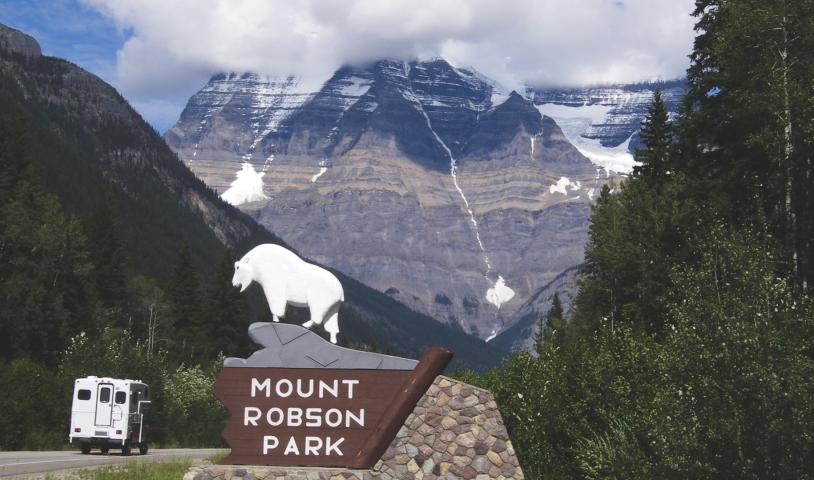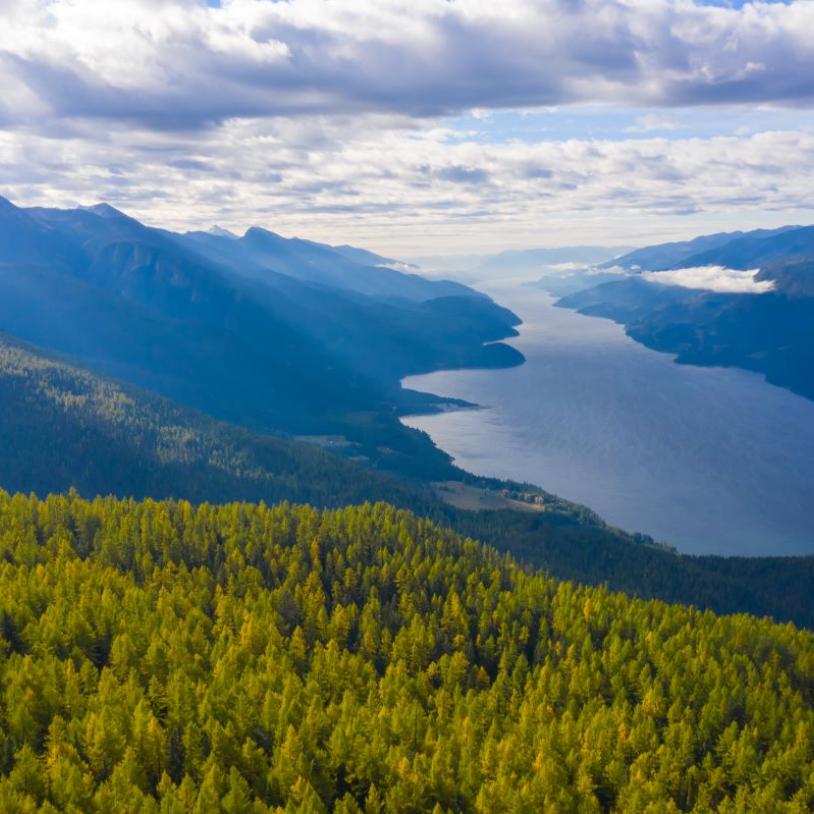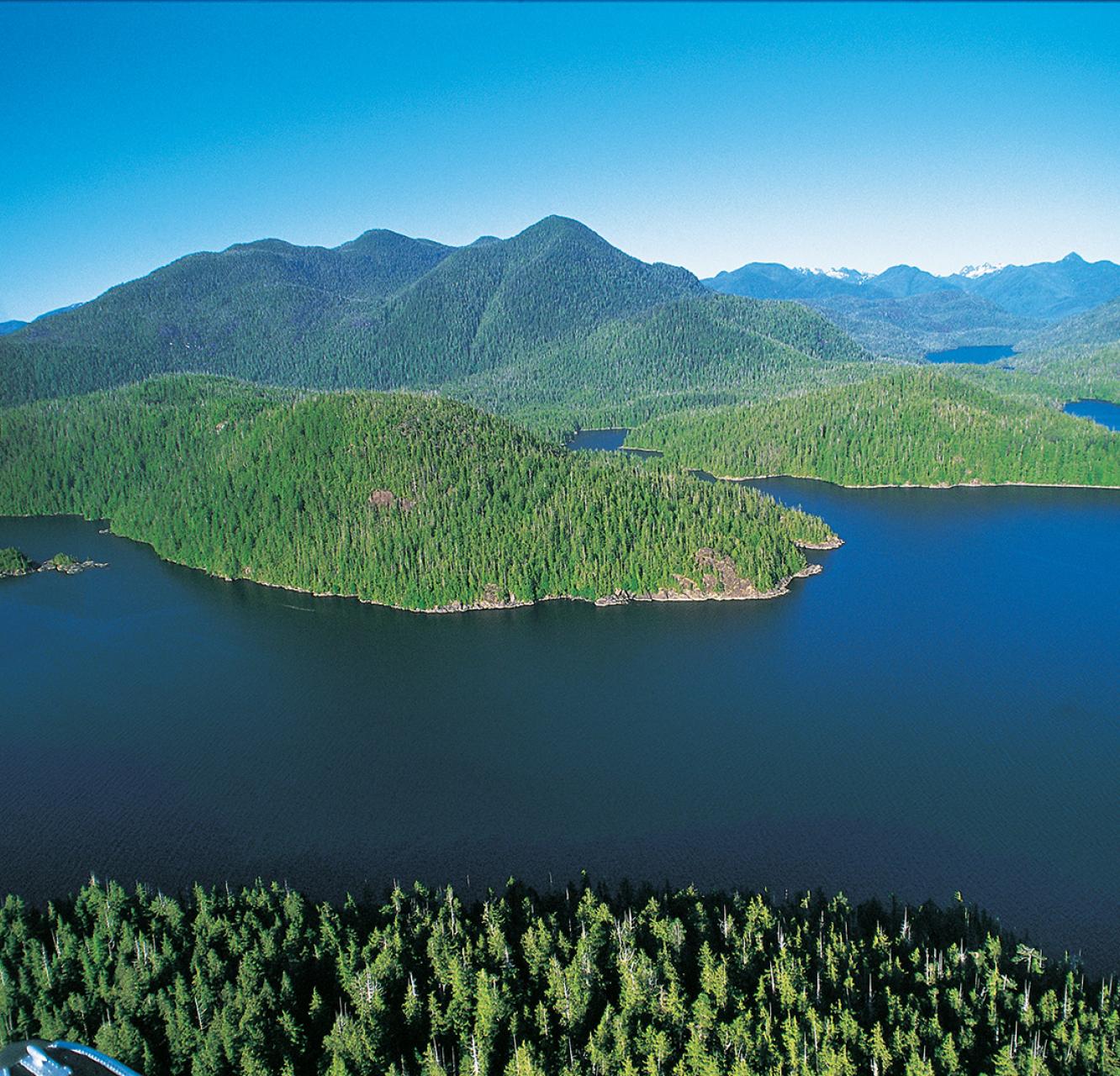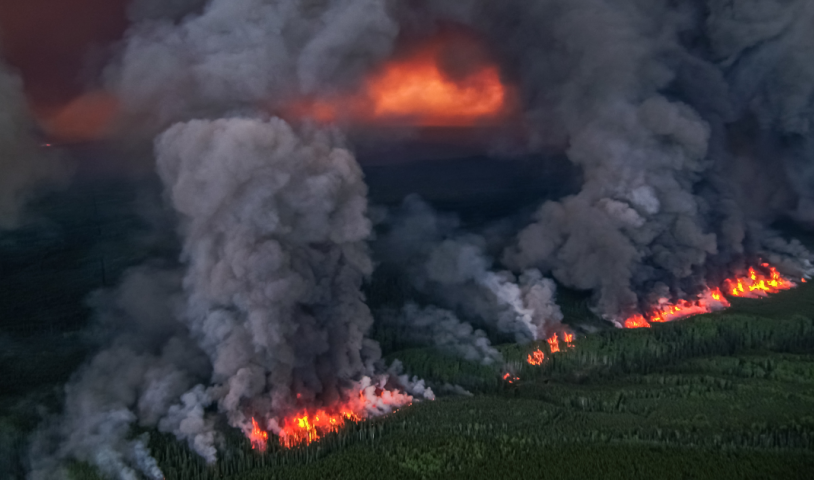Canada’s parks are the ultimate essential service
Monday, November 16, 2020
Colin Campbell is the president of the Elders Council for Parks in British Columbia and the former director of planning for BC Parks. Tory Stevens is the Parks and Climate Project Group Chair with the Elders Council for Parks in BC and a former protected-areas ecologist with the B.C. ministry of the environment. Alison Spriggs is a member of the Elders Council for Parks in BC and a former parks campaigner with the Wilderness Committee and the Land Conservancy of British Columbia.
During these months of COVID-19 isolation and distancing, Canadians have relied on our parks and wild places more than ever for our health and well-being. We have gone to nature to be calmed and nourished by all it has to offer. The peace and beauty we’ve found has provided something we need, and a stability that we crave during these times of great change and uncertainty.
Even when we’re isolating, our wild protected areas continue to provide us with essential services, 24/7. Not only do they provide clean water and air and influence our marine and terrestrial food supplies, but they work constantly to mitigate the effects of climate change, removing carbon from the atmosphere and providing opportunities for plants and animals to find livable habitats.
Here in British Columbia, we have one of the most enviable systems of parks and protected areas on the planet. But as remarkable as it is, the current network is too small, too disconnected and too underfunded to sustain the species, habitats and life-supporting services we all depend on. A 2010 report by the office of the Auditor General of B.C. declared that the province’s parks are not ready for climate change, and that the Ministry of Environment has failed to meet its mandate to preserve the ecological integrity of parks and protected areas.
If our parks are not prepared for climate change, then neither are we. Research shows parks and natural areas directly improve environmental resilience, but also that they build social and economic resilience as well.
As the Elders Council for Parks in B.C., we are backing the call of the United Nations and people young and old around the world who, inspired by Greta Thunberg’s message, are demanding that our political representatives “unite behind the science” to keep the planet livable.
Britain and Canada have joined the European Union in pledging to protect 30 per cent of their land and seas by 2030 to “stem catastrophic biodiversity loss and help galvanize support for broader agreement on the target ahead of a United Nations summit." In the words of British Prime Minister Boris Johnson, “We must act now – right now. We cannot afford dither and delay because biodiversity loss is happening today and it is happening at a frightening rate.”
B.C. itself must align with this goal, and go even further – aiming to protect 50 per cent by 2050 in a system created in concert with First Nations communities and fine-tuned to meet the ecological diversity and richness of the province. We must have a parks and protected areas system that is large enough and interconnected enough to provide viable long-term protections.
Our parks and protected areas and their ecosystems keep us fed, sheltered and alive; they are the ultimate essential service. They are the hardest-working segment of the landscape and the most economical approach to addressing climate change, protecting biodiversity, regulating floods and droughts and providing clean air and water.
They are at risk and their protection can’t be put off any longer. They need fast, decisive action now before the losses are irreversible.
As governments around the world work to “build back better” for a post-pandemic world, we have to ensure that protected areas are on that agenda. We have to hold our politicians here at home to account, and find out the specifics of their plans to expand and properly manage our parks.
This is the crucial investment we must make for our future health and well-being. If COVID-19 has shown us anything, it’s that acting sooner rather than later avoids much pain and suffering – and that, by acting together, we can be a powerful force.
This article was published by the Globe and Mail. To view the original article please click here.





